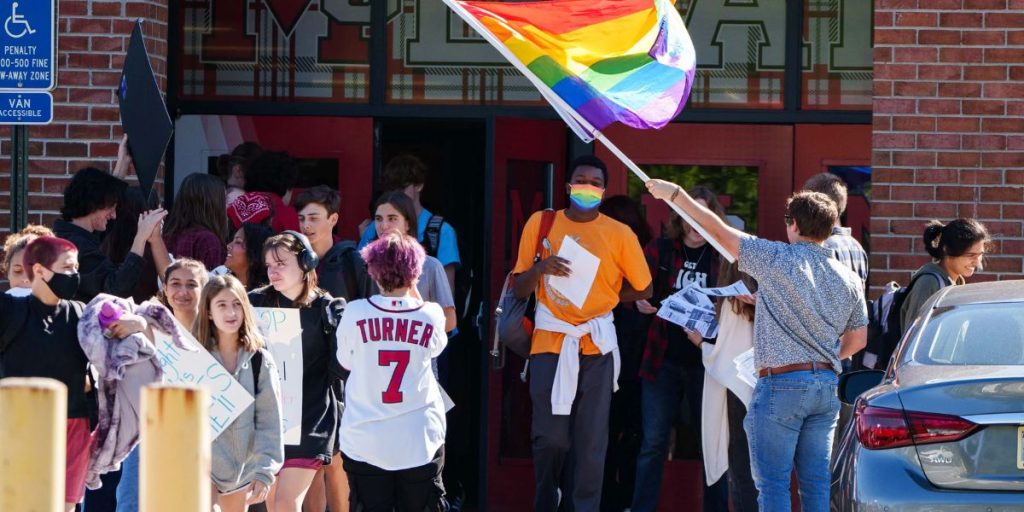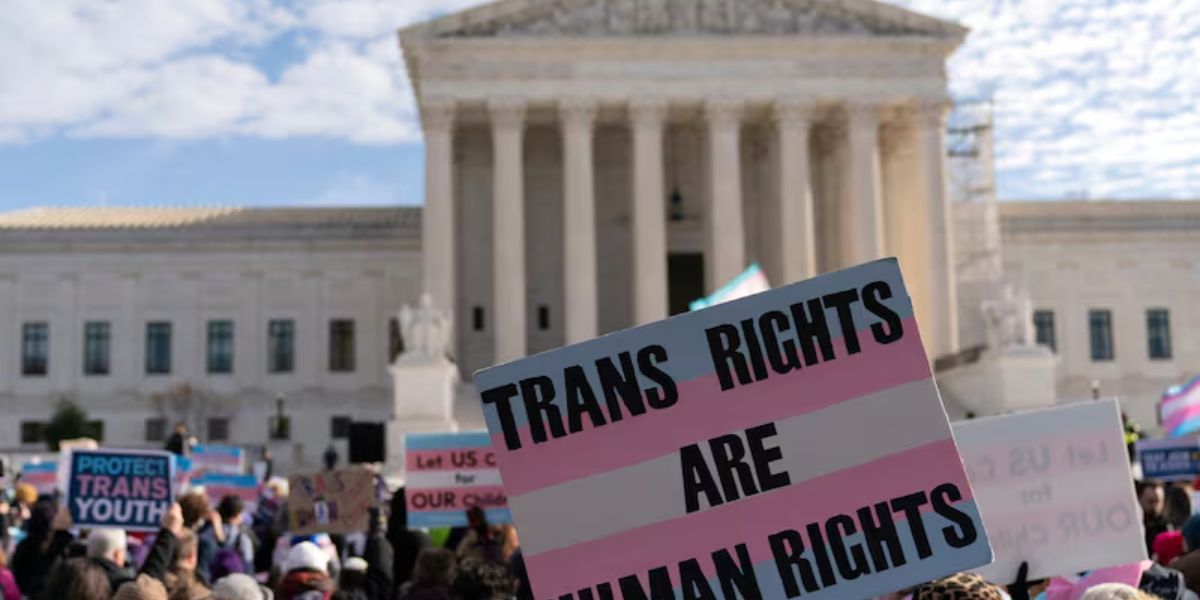The Supreme Court declined to hear a lawsuit Monday that may have made it easier for parents to oppose schools’ efforts to help transgender and nonbinary pupils.
Three of the court’s six conservative justices, Clarence Thomas, Samuel Alito, and Brett Kavanaugh, stated that they would have taken the case.
A group of Wisconsin parents claimed that judges around the country are dismissing challenges to gender identity support policies before they can be fully litigated because parents cannot demonstrate they have been impacted.
However, the parents believe that the policies usurp parental authority before they are applied to a specific student. Parents may not always be aware that their child is receiving support based on their gender identity.
Alito, in his statement explaining why he and Thomas wanted to hear the case, reiterated the parents’ concerns. He also stated that lower courts may be attempting to avoid taking on “some particularly contentious constitutional questions” such as this one, which he described as “great and growing national importance.”
The Eau Claire Area School District in Wisconsin, which is defending its guidelines for ensuring a supportive environment for transgender students, claims that the parents are attempting to establish a new standard for lawsuits that would allow parents to preemptively challenge any school policy, even if it does not apply to them.
The school district’s lawyers stated that the parents are requesting this “so that lower courts can issue advisory opinions on socially or politically charged issues.”

The Eau Claire Area School District’s draft Gender Support Plan for 2022 understands that parents may not always be involved in developing a plan for a student. Before disclosing a student’s transgender status to a parent, school workers must consult with them. However, the assistance plan will be provided to parents who request it.
In May, a three-judge panel of the Chicago-based 7th U.S. Circuit Court of Appeals concluded that none of the parents contesting the program “has experienced an actual or imminent injury.”
According to Judge Michael Scudder, Jr., the parents are attempting to engage the court in “complex and often emotional challenges on matters of gender identity, where the right policy recipe is not yet clear and the best answers are sure to come in time – through the experiences of schools, students, and families.”
The court’s role, Scudder stated, “is limited to awaiting concrete disputes between adverse parties.”





